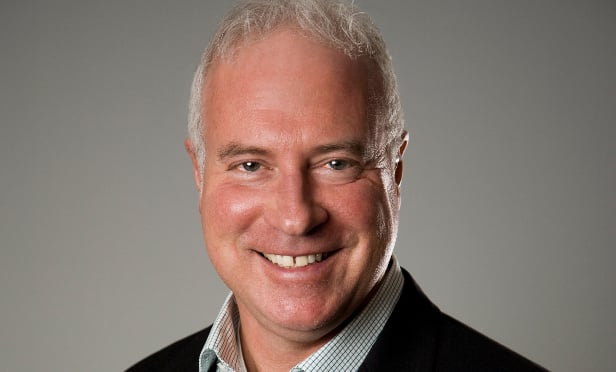IRVINE, CA—Widening the variety and number of assets that bidders can purchase is just one of the benefits of GlobeSt.com: What types of loans are available through your new financing portal? Gazzola: Our lending partners offer a variety of loan structures, including short-term bridge financing; bridge loans from two to five years; five-, seven- and 10-year fixed and floating rate; CMBS; and agency. We're also working on additional less-traditional loan structures specifically designed to meet the unique requirements of auction buyers. We're constantly striving to find the most-attractive financing available for bidders on the Auction.com platform and monitoring the competitiveness of financing offered by our lending partners to ensure that participants on the Auction.com platform are being offered highly competitive loans on the most attractive terms possible. GlobeSt.com: Are there deadlines to apply for financing prior to an auction? Gazzola: There are no deadlines per se, but given the short closing period associated with most Auction.com sales, bidders are encouraged to secure financing prior to bidding. Additionally, there are other benefits to lining up financing before the auction. Loan proceeds from term sheets signed with our lender partners can be counted toward a bidder's proof-of-funds requirement (proof that the bidder has sufficient capital to close the transaction, which historically could only be satisfied by evidence of cash or liquid securities). Also, there's a much higher level of certainty that the lending partner will be able to close the transaction in time to meet the closing schedule of auctioned properties (generally 30 days) if a bidder secures financing prior to bidding. Over the next few months, we'll be rolling out additional enhancements that will make the financing offered on the platform even more compelling to bidders, including a contingency allowing the buyer to cancel the transaction if the lender is unable to perform and a closing-period extension. GlobeSt.com: Are there limits to which properties are eligible for financing? Gazzola: Currently, financing is offered on about 80% of the commercial properties brought to auction. Financing is generally available for all property types, with a few exceptions: raw land, some special-use properties, some tertiary and rural locations, etc. Additionally, most of our lending partners have a minimum loan size of either $500,000 or $1 million, so financing is not available on smaller properties. GlobeSt.com: How does this increase Auction.com's ability to bring more bidders to a CRE auction? Gazzola: The introduction of integrated financing to the Auction.com platform opens the door to a much broader set of bidders who are unable or unwilling to purchase properties on an all-cash basis. It also makes it possible for participants to bid with confidence that the financing will close in time for their purchase, which has created a great deal of uncertainty historically. GlobeSt.com: How does “proof of funds” work, and how does the financing portal help more buyers qualify? Gazzola: Traditionally, proof of funds has been a requirement that all bidders interested in bidding on an auction asset show that they have sufficient funds in the form of cash and liquid securities to close the transaction; in order to bid up to $4 million, bidders would be required to show proof (generally in the form of bank or brokerage statements) that they had $4 million available to close the transaction. The introduction of financing through the Auction Finance portal allows bidders to request financing while reviewing an asset by submitting an application online. Generally, within 24 hours they are issued a term sheet and countersign it electronically. Once a term sheet has been executed, Auction.com includes the financing proceeds in their available proof-of-funds amount, greatly expanding the bidder's purchasing power and allowing more bidders to qualify to bid on more and larger properties. GlobeSt.com: In an industry where so many buyers already have the means to make large purchases, how does this impact the auction process? Gazzola: While it's true there are many buyers who have sufficient capital to purchase properties on an all-cash basis, there are still many buyers who don't. The financing offered on the Auction.com site allows bidders who would have been limited to purchasing smaller assets to purchase a wider variety of assets or those limited to purchasing only one asset the ability to purchase several with the same amount of equity capital. The financing also produces tangential benefits for all bidders, since it demands a much higher level of due diligence that we in turn share and present to all bidders. Likewise, for buyers who use the financing, having it integrated into the auction process provides certainty that the loan will close in time (very hard to accomplish with non-partner lenders), and in doing so, removes one more element of risk from the transaction, one of our key objectives at Auction.com.
© Touchpoint Markets, All Rights Reserved. Request academic re-use from www.copyright.com. All other uses, submit a request to [email protected]. For more inforrmation visit Asset & Logo Licensing.





